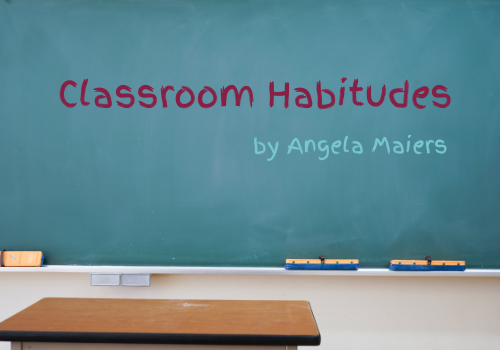Every week, I have the opportunity to engage in amazing conversations with students. Each time, I walk away thinking about how truly smart kids are. I am blown away by their thoughtfulness, insight, and potential. In this weeks lesson with first graders we talked about power of curiosity, and more specifically the power we hold as learners when we know how to ask the right question. .
The ability to ask the right kind of question, at the right time is the hallmark of a truly efficient and successful learner. Like drivers in a car, the right question can plow the road ahead or leave us stuck in a ditch along the side of the highway.
Being in charge of the questions we ask matters. Successful thinking and learning require questions to be framed in a wide variety of ways. The “framing” of our questions dramatically influences what we can and are able to understand. Just teaching students to question is not enough. It is critical to explore where different questions take us as learners.
How often have we heard this: Teacher, teacher…. so what is the right answer?
Students have become skilled at answering our questions rather confident and comfortable asking their own. The following mini-lesson from Classroom Habitudes is one of my favorites, as I seek to move students toward asking this instead: Teacher, teacher….. do I have the right question?
Boys and Girls, we have been talking a great deal lately about the importance of curiosity and asking powerful questions. I want to share with you a quote that I came across that will help us think about our work today as learners: Einstein once remarked that if he were about to be killed and had only one hour to figure out how to save his life, he would devote the first 55 minutes of that hour to searching for the right question. Once he had that question, Einstein said, finding the answer would take only about 5 minutes.
As learners, when we get to the point where we know what kind of question to ask, we are in a much better position to understand what we are reading and learning about. I want to share with you how different questions get us to different places. An “I wonder?” question leads us in a different direction than a “How is it like?” question. It is important for us to know how the types of questions we ask impact and influence the answers we are capable of getting. Over the next weeks, we are going to explore many kinds or types of questions together:
- Clarifying Questions
- Sorting and Sifting Out Questions
- Strategic Questions
- Planning Questions
- Elaboration Questions
- Comparing Questions
I want students to see that each type of question is a tool in their thinking toolbox. A variety of “tools” may be needed to complete a project, and those tools must be chosen carefully.
This is a challenge for many students who have never thought consciously about how they think or question. Thinking tools lie unsorted, unlabeled, and unidentifiable in the bottom of their box. They tend to reach into the box and pull out the first tool (or question) that comes to hand (or mind).This leads to hammering when drilling is needed instead. (Adapted from the work of Jamie McKenzie)
To introduce students to the idea of categorizing questions, I suggest bringing in a toolbox of tools in https://www.clinicaltrialsbc.ca/valium/. Talk to students about how they might be organized in the toolbox based on what they do. This is the same sorting and labeling process that can be used to explore questions we ask in reading and learning. Before long students can reach into their “questioning tool box” and consciously select the question needed as meaning is revealed, reflected upon, and responded to.
I hope you asked or were asked an interesting question today!


